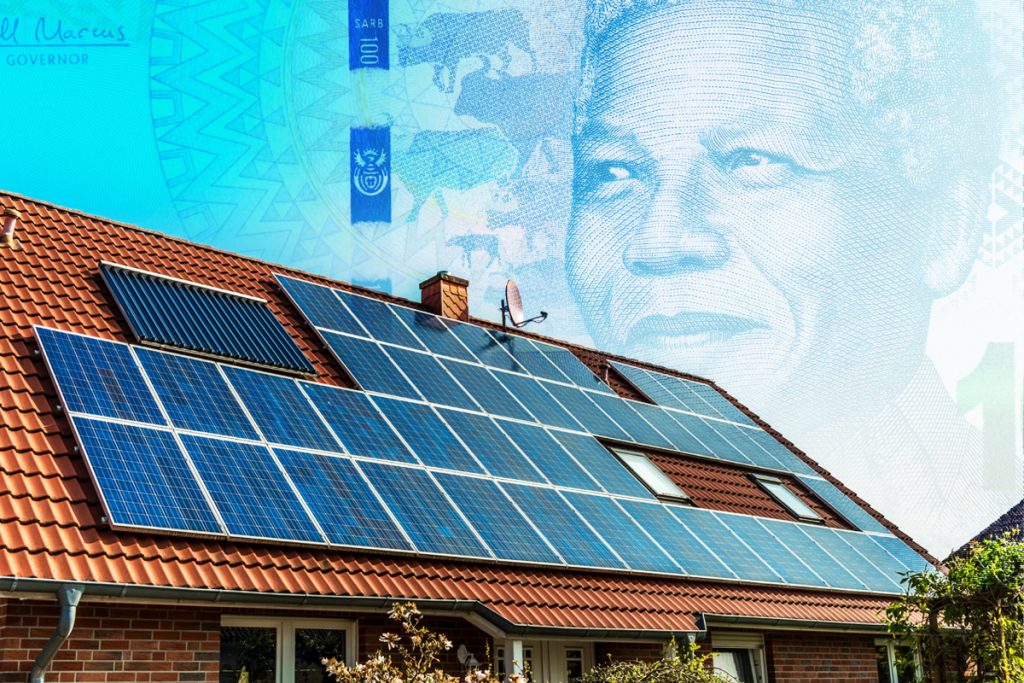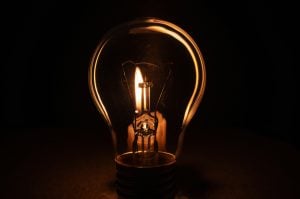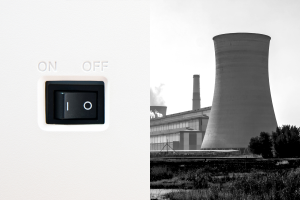Buying vs renting solar panels in South Africa

Solar is a booming market in South Africa, and with load shedding still firmly on the horizon, households are left with the decision of either buying or renting a solar system to escape Eskom’s power cuts.
Recent data by Eskom suggests that from March 2022 until the first quarter of 2023, the amount of electricity generated by Small-scale Embedded Generation (SSEGs) in the form of solar panels has risen 350%.
By the end of August 2023, solar panels capable of generating 4,481 megawatts had been installed, 2,500 megawatts more than last year, noted public enterprises minister Pravin Gordhan, citing a measure that excludes solar panels that form part of commercial plants built by private companies to supply the national grid.
“As we navigate the landscape where cost-saving and uninterrupted power supply meet environmental consciousness, understanding the differences between owning and renting a solar system becomes precious,” said Dylan Schnetler, commercial head for Synapse Ultra at Rubicon.
“By renting, you gain the right to use the solar system to generate electricity for your home. Instead of purchasing the system upfront, you pay a monthly rental fee to the service provider. They usually take care of all the maintenance and necessary repairs.”
When you choose to lease a solar system, it is important to remember that since you do not own the equipment, the solar service provider maintains the right to remove the system if the agreement ends.
Alternatively, owning a solar system entails purchasing and installing the solar panels and associated components on your property, granting you full control. You also assume responsibility for all maintenance, cleaning, and repairs.
In the long run, buying is the more sensible option because it allows you to harness long-term financial benefits.
“Over time, the renting model will cost you more and never be fully paid off, making it a perpetual fiscal drain. On the other hand, purchasing offers the advantage of once the payment is complete, all the benefits continue to accrue with no further costs,” said Schnetler.
To help you make the right decision for your personal situation, Schnetler outlined the pros and cons of both options – which are listed below.
Buying
The upsides:
- Financial savings: Owning a solar system can lead to long-term financial savings by generating your own electricity and reducing or eliminating your monthly bills. Solar panels are durable and have a lifespan of 25 to 30 years or more.
- Energy independence: Owning a solar system provides energy independence. You are less reliant on traditional energy sources and grid electricity provided by Eskom, giving you more control over your energy production and reducing vulnerability to power outages or rising energy prices.
- Positive environmental impact: Solar power = less carbon, more green.
- Long warranties: The Synapse Ultra solar solution comes with a ten-year warranty. This gives you peace of mind, knowing your investment is safe should any part break or malfunction.
- Option to finance: Many banks and institutions offer appealing financing options for your solar system. Going this route, you keep full ownership of the system while having the flexibility to divide the substantial upfront cost into manageable instalments over a period.
- Increased property value: Installing a solar system can increase the value of your property. Prospective buyers are attracted to homes with solar because of the potential for reduced energy costs, environmental benefits, and the growing demand for a power supply independent from Eskom.
- Tax incentive: The National Treasury allows individuals to receive a 25% tax rebate, up to a maximum of R15,000, for eligible solar panels that are put into operation from 1 March 2023 to 29 February 2024. A rental system does not qualify for this incentive.
- Customisation and control: Owning a solar system enables you to customise it to meet your energy needs. You can select the size, number of panels, and configuration to boost energy production and save money.
The drawbacks:
- High upfront costs: Purchasing a solar system requires a significant upfront investment to cover the cost of equipment, installation, and associated expenses.
- Higher monthly cost if financed: If you finance your solar system through your bank, your monthly repayments could be higher compared to renting a solar system. Your instalment will also vary based on fluctuations in interest rates.
- Responsibility for maintenance and repairs: After a certain period, the responsibility for service and maintenance costs of the solar system will shift to you, even if some solar installers offer an initial period of free service and maintenance.
- Insurance and warranty considerations: As a solar system owner, proper insurance coverage is important to protect against damages and losses. After the warranty expires, you are responsible for any repair or replacement costs not covered by insurance.
- Limited flexibility: Once you install a solar system on your property, it becomes a semi-permanent fixture. If you decide to move or sell your home, you will need to negotiate its value with potential buyers.
Renting
The upsides:
- Lower upfront costs: Renting a solar system generally involves minimal or no upfront costs compared to the significant investment required for purchasing and installing a system. This makes it more accessible for individuals or households with limited financial resources.
- Maintenance and repairs included: Solar system rentals come with maintenance and repair services provided by the rental company, saving you from additional costs. Do your research before choosing a provider to ensure their reliability and responsiveness.
- Transferability: If you are in a rental property or have plans to sell your house, choosing to rent a solar system instead of purchasing one could be more advantageous. Ending a solar rental agreement is generally straightforward, but you will most likely incur penalties for cancelling your contract early.
- Performance guarantees: Rental agreements often come with performance guarantees, ensuring that the system meets certain energy production levels. If the system underperforms, the service provider is usually responsible for addressing any issues and ensuring optimal performance.
- No long-term commitment: Renting a solar system provides flexibility in contract duration. You can end the rental agreement at the end of the agreed-upon period if you are unsure about long-term commitment or if your circumstances change, but there may be penalties or cancellation costs to consider.
- Rent-to-own: Many solar subscription options provide the opportunity to transition to a rent-to-own agreement after a few years. Nonetheless, it is essential to remember that the rental payments made prior to the conversion to rent-to-own may not be applied towards the eventual buy-out.
The drawbacks:
- Long-term cost: While renting may offer lower upfront costs, over the long term, the cumulative rental payments can exceed the cost of purchasing a system outright. Renting may, therefore, not provide the same level of financial savings as owning a solar system.
- Annual increases: You can expect to see annual increases in your monthly rental agreement. These tend to range between 5% and 7% per year, further adding to the long-term cost burden.
- Limited control: Renting a solar system means limited control over equipment and maintenance. The provider handles repairs and upgrades, so you have less flexibility in choosing components.
- Contractual obligations: Before renting a solar system, it’s important to carefully review and understand the contract terms and commitments, such as permanent property access.
- Can’t claim incentives: Renting a solar system doesn’t grant access to government incentives or tax benefits, and the excess power generated cannot be sold back to the grid as it’s owned by the service provider.
- No increases in property value: As the solar system is rented, it does not help increase the property’s value. When selling the property, you may need to negotiate with potential buyers to take over the rental agreement, which can add complexity to the sales process.
Read: What Eskom has to sacrifice to cap load shedding at stage 4



















